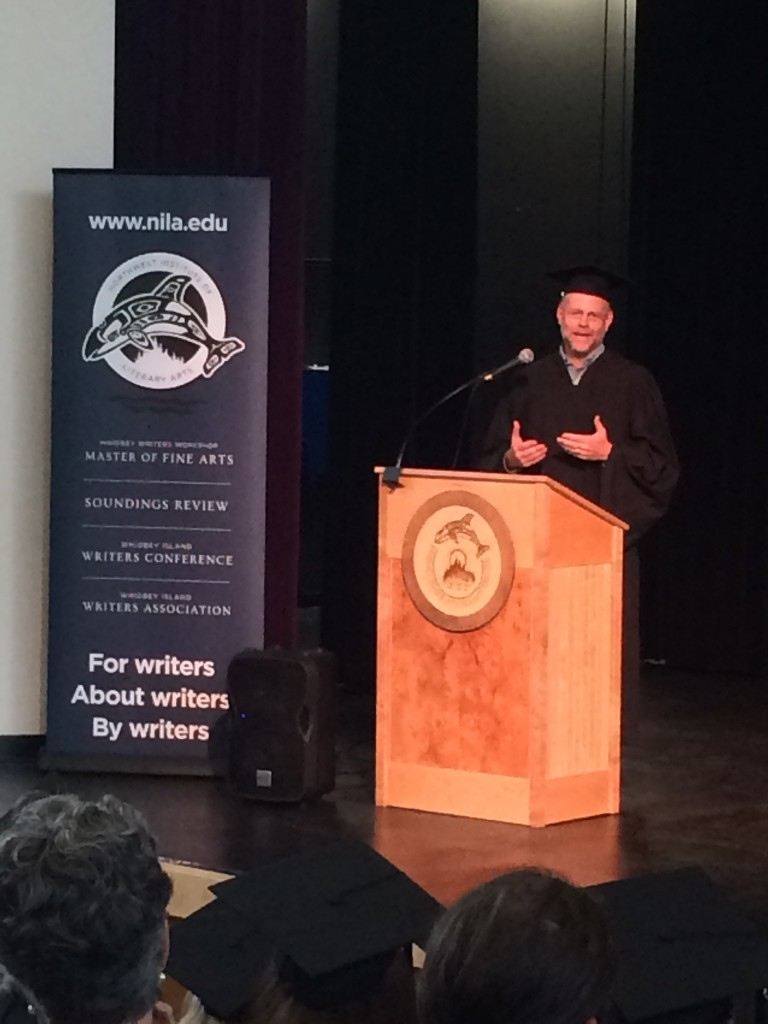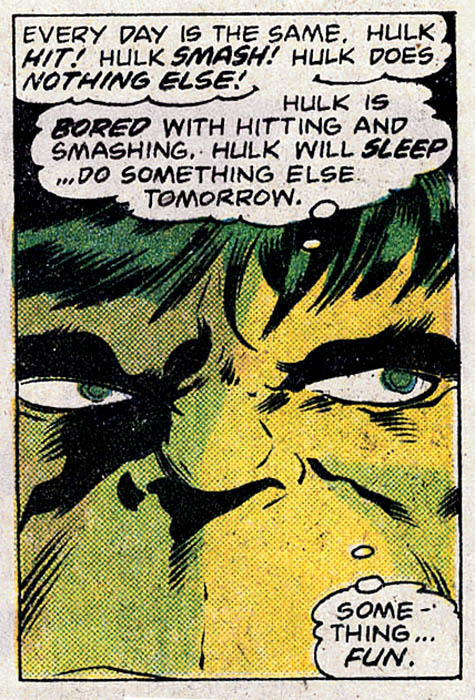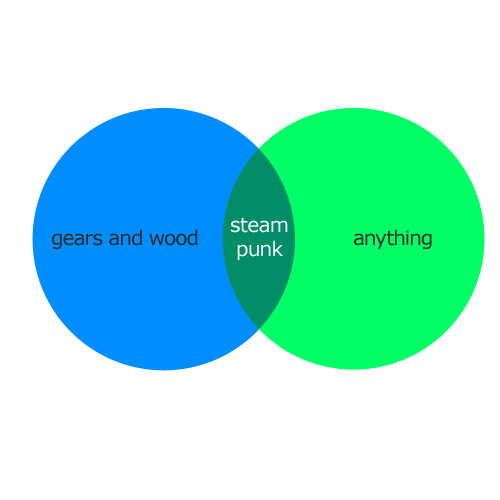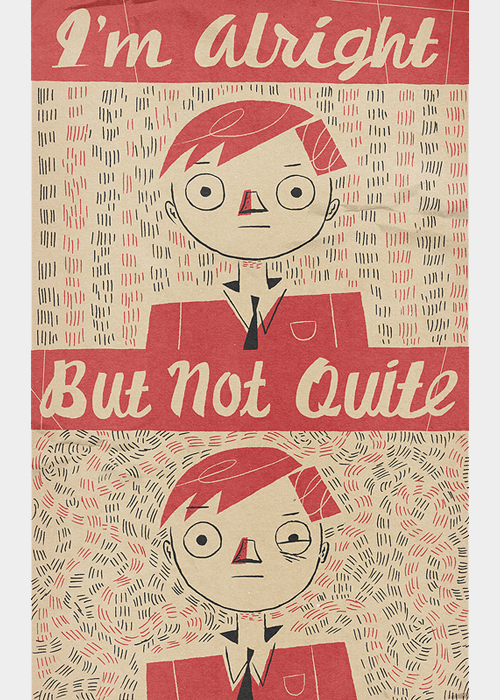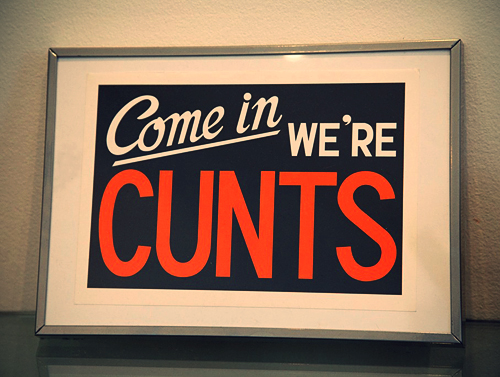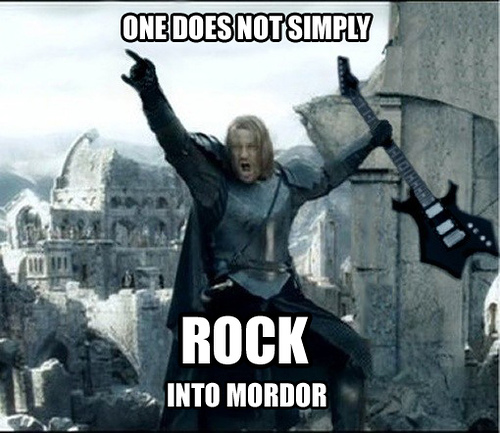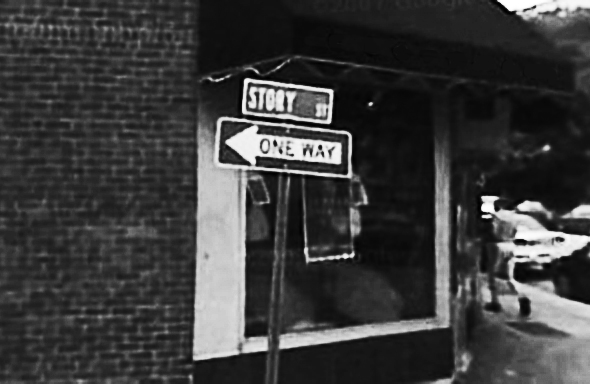Earlier this August, I and thirteen other writers received our Masters in Fine Arts degree for Creative Writing, from the Whidbey Writers Workshop and the Northwest Institute of Literary Arts.
I was selected by my peers to be the student commencement speaker, and I wanted to share what I said, both for posterity and simply because I think I have have accidentally included some pretty good advice for writers in general.
So, below, the text of the speech, and an audio recording of me, reading it.
Enjoy.
@: commencement speech
On June third of this year, I logged into the MFA’s online campus and learned that my fellow graduates had chosen me to deliver our commencement address.
I’d like to share some of the comments that followed this announcement.
- “I know he will do a fantastic job.”
- “Doyce, you will rock!”
- “Thank you for representing the graduating class to our friends and family.”
- “No pressure, but I expect to be inspired.”
I want to thank my fellow graduates for selecting me – it was surprising, humbling, and – I think – an excellent opportunity to talk about writing, and unrealistic expectations.
During my undergraduate studies, I had an English professor – one of my favorite instructors – who, upon hearing I wanted to be a writer, asked “Do you just feel like you… have to write, all the time?”
It was, I think, the question she thought she was supposed to ask, when confronted with someone who claimed to be a writer.
And, faced with that question, I grudgingly admitted that, yes, I needed to write, to the point where it interfered with every other part of my life… which is why my paper on Catcher in the Rye was late.
I was lying, of course. My Catcher in the Rye paper was late because my roommate had subjected me to a Monty Python movie marathon that weekend… and I certainly did not “have to write, all the time.”
But just as surely as that professor thought that was the question she was supposed to ask, I thought that was what I was supposed to feel – a gravitic pull toward any keyboard or blank sheet of paper so strong it overwhelmed every other influence in my life.
That’s what I thought being a writer meant.
But I didn’t feel that pull, and it terrified me.
It took me a long time to realize being a writer is something quite a bit different, and quite a bit simpler, and not nearly as fun or as easy as a mysterious cosmic force that reaches out and grabs you and drops your butt into a chair and tunes out the world and makes you put words down on paper.
The truth goes something like this:
Writers write.
People love to label and categorize things, and it’s no different in the world of writing and publishing.
Are you published? Then you’re an author.
But, what kind of author are you? A novelist? A poet? A journalist? An essayist? A lyrical essayist?
The labels (and the qualifications) get more obscure the further down the rabbit hole you go, and in my opinion it’s all a bit boring and pointless.
Are you a writer?
“Well, what are the qualifications for that?”
Do you write?
If so, you’re a writer.
Now, some smart alec with impossibly white teeth and an MBA will smirk and tell you, by that simple criteria, almost everyone is a writer; lots of people have scribbled down an old family anecdote, or tapped out a poem that holds together as long as you sing it to the tune of Bohemian Rhapsody, or written an essay on The Catcher in the Rye.
But that’s not how it works: Writers write.
It’s not that they have written, at some point in the past.
It’s not that they will write, at some point in the future.
It’s certainly not that they intend to write, at some point in an alternate future, with jetpacks and flying cars.
This is not about the past, or the future. It’s not even about the present – it’s not a verb, it’s a description: a statement of reality.
Writers write when it is sunny, and they’d rather be outside. Writers write when they are tired, and would rather watch television, or read, or go to the movies, or browse the internet, or play a game, or just nap.
Writers write when it’s hard. Writers write when they don’t wanna.
And it’s never – almost never – because of some mystical pull toward the blank page — it is a conscious act. Call it whatever you want: Will. Determination. Desire. In my case: sheer cussedness.
Sitting up here, looking a little nervous, a little nauseous, is the largest graduating class the Whidbey Writers Workshop has ever produced.
Fourteen graduates who know the writer’s simple, painful requirement. Yes, they’ve studied their craft. Yes, they’ve put in the hours on workshops and thousands of pages of reading, but more than anything else, despite every imaginable personal conflict, and distraction, and loss, they write.
We are writers.
Those of you who smiled at that through are probably also writers.
Those of you who did not clap or smile… live with writers. I’d like to take this opportunity to thank you for your patience, and apologize on behalf of my fellow graduates and students.
You, our long-suffering, patient, loving family and friends have shooed the kids outside to play, or volunteered for another tedious school function, or brought in a cup of tea, or simply listened while we tried to sort out the lives of imaginary people you have never met.
More often, you’ve done the hardest thing: left us alone – in a quiet room, or our favorite chair, or a coffee shop, or a hospital bed, knowing, if not always entirely understanding, what we had to do.
Understand this: we made it here, because you were there.
On behalf of my fellow graduates, I also want to thank our our Faculty. You have the unenviable, it-would-seem impossible task of providing guidance and direction to a pack of wanderers who each see a different landscape.
You don’t know – you can’t know – what challenges any specific writer in the program might face, so you teach us the craft: you show us the tools of exploration and survival; the techniques for navigating by whatever strange stars we’ve put in our personal sky.
And, when we need it, you give us a little shove, just between the shoulder blades, to keep things moving.
That shove is, I think, the heart of this program, and it consists of two words; the same two words with which Wayne signs off every email he has ever sent, since I started this program.
“Keep writing.”
“I’m not sure this story is working.”
“Keep writing.”
“I don’t know if I really get this poetic form.”
“Keep writing.”
“I’ve graduated! It’s over! Now what to do I do now?”
“…”
You are both our mentors and our friends; we are here, because you helped us find the way and never let us stop moving.
Finally, to my fellow students and graduates, I will share this thought.
You won’t always know what you’re doing. There will be days filled with joy, pride, excitement, and hope; and there will be days filled with panic, confusion, frustration, and disillusion. Sometimes, they will be the same days.
This is what you do.
You write.
If you can’t figure out where to stand, write the ground in under your feet. If you feel like you can’t breathe, write the air. If you can’t see your next step, write the sky; write your horizon, and put it far, far in the distance.
If you don’t know the rules about this thing you’re doing, find some comfort in the fact that no one – no one – knows the rules, either.
Keep writing.
Make amazing things.
No pressure, but I expect to be inspired.
Podcast: Play in new window | Download


